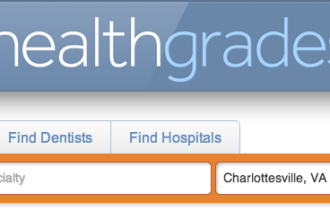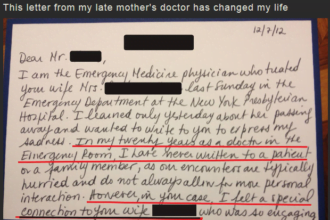Diabetes mellitus is the most common cause of kidney failure that progresses to end stage renal disease (ESRD,) meaning that the person requires dialysis or kidney transplant. ESRD is chronic and life long, is complicated to treat, has a major negative effect on quality of life and the costs are high. So it was good news when the Centers of Disease Control reported that the incidence of ESRD among diabetics had declined by about 35% over the ten years ending in 2007. The reasons for the decline are not known but a few assumptions seem reasonable. More and more patients now keep good control of their blood sugar with careful monitoring and many also keep their blood pressure under control with anti-hypertensive medications. Further, it has been shown that angiotensin-converting enzyme inhibitors (or ACE inhibitors) and angiotensin-receptor blockers (or ARBs) slow the decline of kidney function in those with diabetes and early kidney failure. It is believed that as many as 80% of these patients are taking ACE or ARBs – a good thing. All of these may be the factors that have led to this decline of diabetes to kidney failure; or there may be others as yet not appreciated. But the news really is not so good. The decline in kidney failure incidence was offset by a much increased absolute number of individuals with diabetes developing kidney failure. Why? Because there are so many more individuals developing diabetes now than just a decade ago – so there are more people at risk of and therefore developing kidney failure. We can be pleased that secondary prevention approaches are slowing the onset of kidney failure among those with diabetes but we should be aghast that so many of our fellow citizens are setting themselves up for a high risk of diabetes as a result of obesity. The message – the real need is to accelerate efforts to stop the epidemic of obesity (excess consumption of not very nutritious food compounded with a sedentary lifestyle, including in adolescents.) Obesity is the primary culprit leasing to the rapidly rising number of individuals with diabetes.







